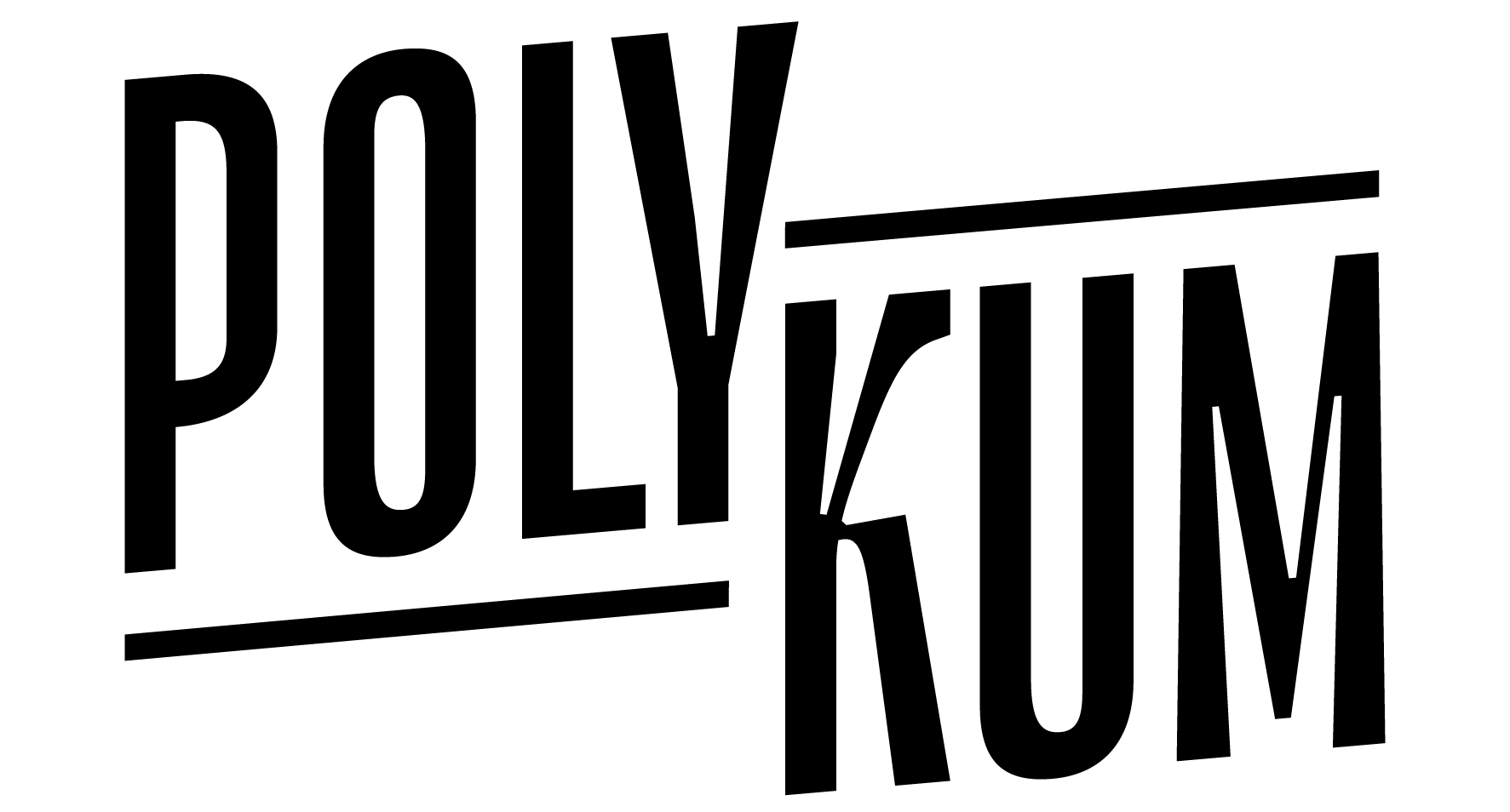The month of December is not only the end of the year for our folks at HoPo. It marks a quarter since they have assumed office. And in the spirit of endings, they take space in this edition of Polykum to reflect on the time that has passed by and share with us their latest updates on university politics during this tumultuous period of change.
by Léa Le Bars
December is here, the autumn semester is over and so is a quarter of our tenure. Looking back, time really does fly! Sometimes it feels like we haven’t achieved anything and yet so much at the same time. This is mainly due to what I call the irony of HoPo. Let me explain:
Although university politics tackles current and urgent problems, it is often constrained in its ability to take direct and immediate action by factors such as budgets and larger political agendas. Unfortunately, neither VSETH nor ETH as a whole are exempt from this. Global geopolitical movements and situations dictate both the economy and political decisions and thus have an enormous impact on the federal budget. For example, a country might want to invest more in military infrastructure in times of global crisis and thus less in other sectors like education or health. This doesn’t necessarily mean that these other sectors are less important – they aren’t – but the financial restrictions limit how they function in everyday life and caps their growth and innovation.
Current challenges
ETH is growing at a fast pace. There are already over 20 000 students on campus today, and this number is expected to rise to 30 000 by 2030! This is a 1.5-fold increase in less than ten years! While ETH has been preparing for this growth for a couple of years now, the recent return to campus has re-exposed all our infrastructural shortcomings. Insufficient number of study places, overflowing auditoriums, public transport at capacity between both campuses – these are all challenges we currently face and need to solve. The infrastructure is already pushing its limits and will be inadequate to accommodate the projected number of students in the near future. So how do we approach topics like these?
Finding solutions
For one, we try to find long-term solutions. We are currently sitting in several working groups from ones about the student growth, to study places and sustainability in teaching and research. Of course, these projects take time and money to implement, resources we currently lack, especially in times of crises. You might have guessed it, my financial examples from the beginning weren’t quite random. The war in Ukraine is still going on, energy and gas are scarce, and Corona is far from over. All of these restrict our budget and hinder our ability to shape and refine ETH the way we all want it to be.
So, while it might be frustrating not to be able to effect immediate change, we can also find short-term solutions for the students studying here and now. Our recent study space evaluation (see Polykum No.6 21/22) was quite fruitful, resulting in concrete improvements where they were needed. Tables in the main building have been equipped with outlets, cafeterias are now available as study spaces during off-hours, and printers have been added according to requirement. Furthermore, we have founded internal working groups like the “AG Fokusgruppen” to help new students who don’t have quite as much foundational knowledge in subjects like maths, informatics, and various others so they can keep up with their peers.
On this positive note, we wish you all a relaxing holiday season. Good luck for your upcoming exams and have a nice winter break. See you in the next year!
Your HoPos
